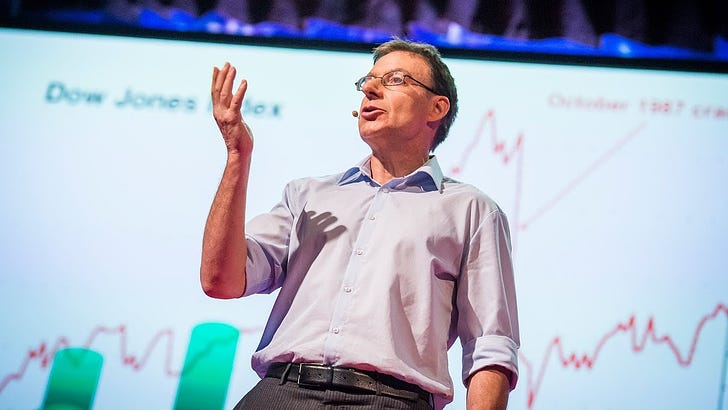Dragon Kings, Principles, US vs China....
"New Beginnings are often disguised as painful endings.”
― Lao Tzu
“Rules were made for fools to follow and wise men to be guided by.”
- Winston Churchill
"The greatest risk one must minimize is not something that has already been imagined - a recession, Euro crisis, a trade war, or a bear market. No, the greatest risk is a failure of imagination in unders…


